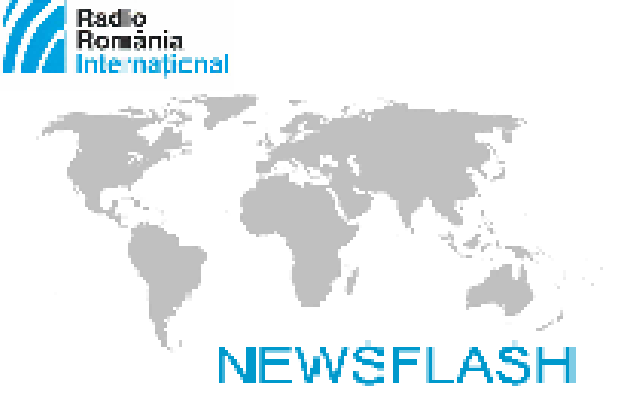March 20, 2014 UPDATE
A roundup of domestic and international news

Bogdan Matei, 20.03.2015, 12:18
EU heads of state and government agreed on Friday in Brussels, at the spring meeting of the European Council, to build an Energy Union. Taking part in the meeting, the president of Romania, Klaus Iohannis, supported the need to finalise the deregulation of the domestic energy market. He explained that for Romania, in the medium and long run, this means the development of the energy infrastructure, ensuring accessible prices for consumers, maintaining the industry competitiveness, economic growth and new jobs.
The Romanian PM Victor Ponta considers temporarily taking over the finance ministry, until the government has passed the new fiscal code and code of fiscal procedure, according to political sources. A decision in this respect might be announced after consultations with President Klaus Iohannis. The finance minister post has been vacant since Sunday, after Minister Darius Valcov, who initiated the two codes, resigned, being prosecuted in a corruption case. The National Anti-Corruption Directorate has asked the Senate to approve Valcov’s arrest pending trial, because in 2008-2009, while he was the mayor of Slatina, in southern Romania, Vâlcov reportedly took 2 million euros in bribe, in exchange for awarding public work contracts.
The Romanian diplomacy has full confidence in the capacity of the Francophonie to make a contribution to solving global issues, together with other international organisations, said the Romanian Foreign Minister, Bogdan Aurescu, in a message broadcast on Friday, the International Day of La Francophonie. Romania, Aurescu added, is an important actor in the International Organisation of La Francophonie, and ever since its accession as an observer in 1991, and as a full member in 1993, has constantly worked to promote and achieve the goals of the French-speaking community. In 2006, Bucharest hosted a Francophonie summit.
Over 1,500 foreigners applied for asylum in Romania last year, just 50 more than in 2013, the EU Statistics Bureau announced on Friday. Romania has among the lowest rates of asylum applications per number of inhabitants in Europe. Of Romania’s neighbours, Bulgaria received 11 thousand applications, while Hungary nearly 45 thousand. As for the countries of origin of the asylum seekers in Romania, most of them came from Syria, over 600, followed by Afghanistan, nearly 300, and Iraq—over 200. At a EU level, out of 625 thousand asylum seekers, over 120 thousand came from Syria, more than 40 thousand from Afghanistan and nearly 40 thousand from Kosovo. The host countries of choice for asylum seekers are Germany, Sweden and Italy.
Romania’s national rugby team is playing in Bucharest on Saturday against Georgia, in the last stage of the Europe Championship, formerly known as the European Nations Cup. The game is seen as the competition “final” given that Georgia, with 17 points, and Romania, with 15, are the best ranking in the competition. In the previous games, the Romanians defeated Portugal, 37-10, away from home, Spain, 29-8, and Germany, 17-12, on home ground, and lost to Russia 13-16. The Rugby Europe Championship is regarded as an excellent training stage for this autumn’s World Cup.
The independent candidate Irina Vlah, backed by the pro-Russian Socialists (in opposition) and by Moscow, is the most likely to win Sunday’s elections for governor of the autonomous territorial unit of Gagauzia, in the south of the Republic of Moldova. According to polls, over 90% of the respondents favour closer relations with Russia. Some 30% of the over 150 thousand inhabitants of Gagauzia, most of them Turkish-speaking Orthodox Christians, plead for closer ties with Turkey, and only 5% are pro-EU. The Gagauz people’s orientation is radically different from the pro-European options of the central government in Chisinau, which last year signed free trade and association agreements with Brussels and hopes to get the country into the EU in 2020.




























